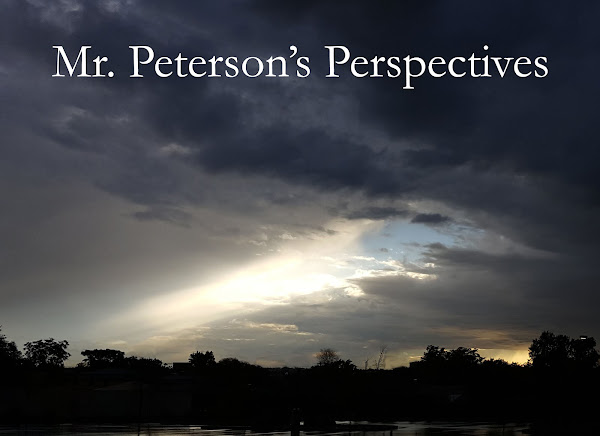The program is called REALVICTORY. It is a unique blend of life skills training and mentoring merged with technology. The program is very simple on its face. Participants are schooled through hours of training which teaches them how to evaluate making better choices and to correlate their life experience to the choices they are making. The program helps participants answer the questions: Are you satisfied with your life circumstances? and How do the choices you make affect your life circumstances? The training helps tie the action-and-consequences chain together for participants.
In conjunction with the skills training, technology is used to follow up with participants in a way that is intensive. Participants are issued a phone number (and also a phone if needed) which has been charitably donated by a corporate cell phone company. Prior to leaving incarceration and their skills training class, participants establish a method of accountability with program managers. The participant creates a series of questions that quiz them on accountability. Questions might be similar to: Have you stayed away from drugs today? or Did you search for employment today? or any other question that the participant believes will help them achieve their individual goals.
Once the participant is released and returns back to society, an automated server system places calls to all the participants. The custom pre-selected questions are asked and the participant uses their phone to answer the yes or no questions. Parole officers have access to the participants answers and can identify where help is needed to keep individuals on course to succeed.
The results illustrate how effective this program is:
Since this program is being administered by scientists, we have a control group to compare results against. The control group did not receive any training or phone coaching. The average re-arrest time is just over 3 months for the control goup, the REALVICTORY participants who receive training and phone coaching have an average re-arrest time of over 9 months. That is a significant improvement.
When it comes to changing social attitudes, the program has a significant effect as well. Here you can see that participants shift their sphere of influence away from those who have legal troubles. Whereas, the control group tends to gravitate toward fellow peers on probation. The circle of friends that offenders choose to associate with has a strong determination on their future success or failure. Here we can see that participants in the REALVICTORY program tend to choose fewer friends who will cause them trouble.
Obviously, the successes of the program reduce how much money taxpayers must spend on juvenile corrections. Juvenile offenders cost the state on average $56,000 per year to handle. This cost is based on the cost of being housed in a secure facility. For REALVICTORY participants, the cost to the state on average was $11,000. Thus, the state saved an amazing $45,000 per juvenile that participated in the REALVICTORY program. Of course, this figure does not include court fees, the cost of damaged or stolen property, and other indirect costs which surely are reduced as a result of this program as well.
So, with this information in light, I am proposing that the state fund a pilot program to expand the reach and scope of the REALVICTORY program beyond its current limited capacity. I am asking for $250,000 to help scores of youth who find themselves at a critical crossroads in their life. Fortunately, according to the cost-benefit projections, it appears the program would break even if it helped only six youth. It is anticipated helping exponentially more than that.
The program holds the promise to steer many of our troubled youth from a path of dreariness and crime. I hope the Legislature agrees with this assessment and funds this program.
The results illustrate how effective this program is:
When it comes to changing social attitudes, the program has a significant effect as well. Here you can see that participants shift their sphere of influence away from those who have legal troubles. Whereas, the control group tends to gravitate toward fellow peers on probation. The circle of friends that offenders choose to associate with has a strong determination on their future success or failure. Here we can see that participants in the REALVICTORY program tend to choose fewer friends who will cause them trouble.
In these chart we see how the program has significantly enhanced participant work performance and employment levels. Having employment is a key factor in preventing recidivism or re-arrest. Workers who perform well stay employed.
Obviously, the successes of the program reduce how much money taxpayers must spend on juvenile corrections. Juvenile offenders cost the state on average $56,000 per year to handle. This cost is based on the cost of being housed in a secure facility. For REALVICTORY participants, the cost to the state on average was $11,000. Thus, the state saved an amazing $45,000 per juvenile that participated in the REALVICTORY program. Of course, this figure does not include court fees, the cost of damaged or stolen property, and other indirect costs which surely are reduced as a result of this program as well.
So, with this information in light, I am proposing that the state fund a pilot program to expand the reach and scope of the REALVICTORY program beyond its current limited capacity. I am asking for $250,000 to help scores of youth who find themselves at a critical crossroads in their life. Fortunately, according to the cost-benefit projections, it appears the program would break even if it helped only six youth. It is anticipated helping exponentially more than that.
The program holds the promise to steer many of our troubled youth from a path of dreariness and crime. I hope the Legislature agrees with this assessment and funds this program.







